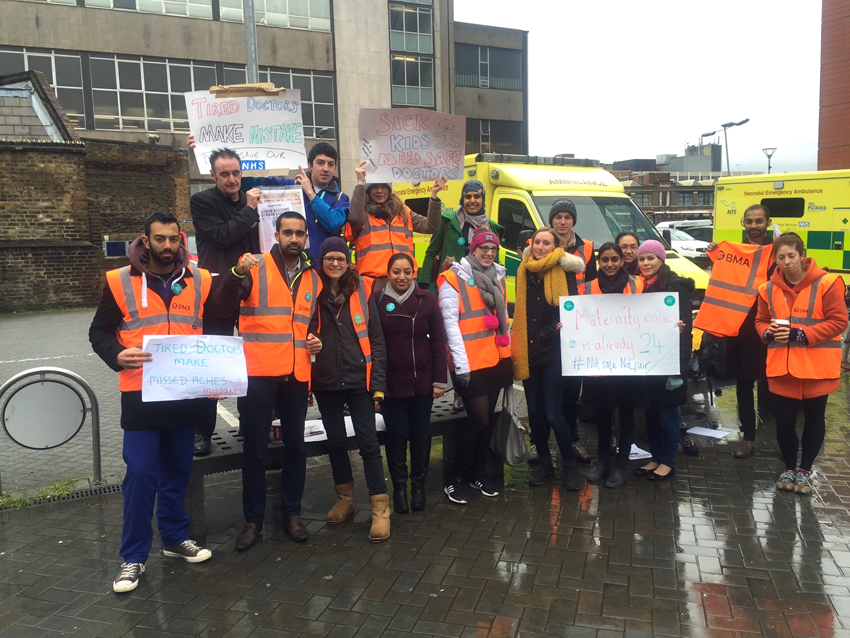LACK of sleep resulting from long hours and excessive workloads is jeopardising patient safety and doctors’ health, the BMA has warned, while reports emerged of doctors and nurses crashing their cars on the way home after long shifts because they are dog tired.
A report produced by the Association has highlighted how long and demanding hours coupled with frequent changes in rotas and insufficient recovery periods mean thousands of doctors are at heightened risk of sleep deprivation and fatigue.
It said that inadequately rested doctors are at greater risk of making errors in patient care as well as of occupational hazards such as needlestick injuries and road-traffic accidents.
The report states that the dangers posed by sleep deprivation require the government and employers in the NHS to commit to a comprehensive framework for addressing workplace fatigue.
The BMA has also produced guidance for doctors on managing the risks of fatigue covering areas such as sleep, maximising rest and recovery, managing the night shift and how employers can help.
Highlighting the enormous winter pressures gripping the NHS, BMA council chair Chaand Nagpaul said collective action to address staff fatigue was needed more than ever.
He said: ‘Given the enormous pressure that doctors and clinical staff working in the NHS face, more must be done to address the growing prevalence of fatigue and sleep deprivation owing to the increasing demands being placed on them.
‘As well as having a long-term impact on physical and mental health of staff, fatigue and sleep deprivation are linked to higher instances of occupational accidents which places patients at risk.
‘This paper highlights the need for reform of working patterns to safeguard doctors and clinical staff against the impact of excessive workloads and the increasing complexity and number of consultations resulting from wider pressures on the NHS such as staff shortages, funding constraints and growing patient demand.’
He added: ‘It is vital that we raise awareness of this issue and make sure that the appropriate support structures and facilities are in place to oversee improvements to long-term workforce planning that will ensure meaningful change for both staff and patients.’
The report advises that the minimisation of fatigue should ultimately become central to future workforce planning and be a specific consideration during the design of job plans and work schedules.
